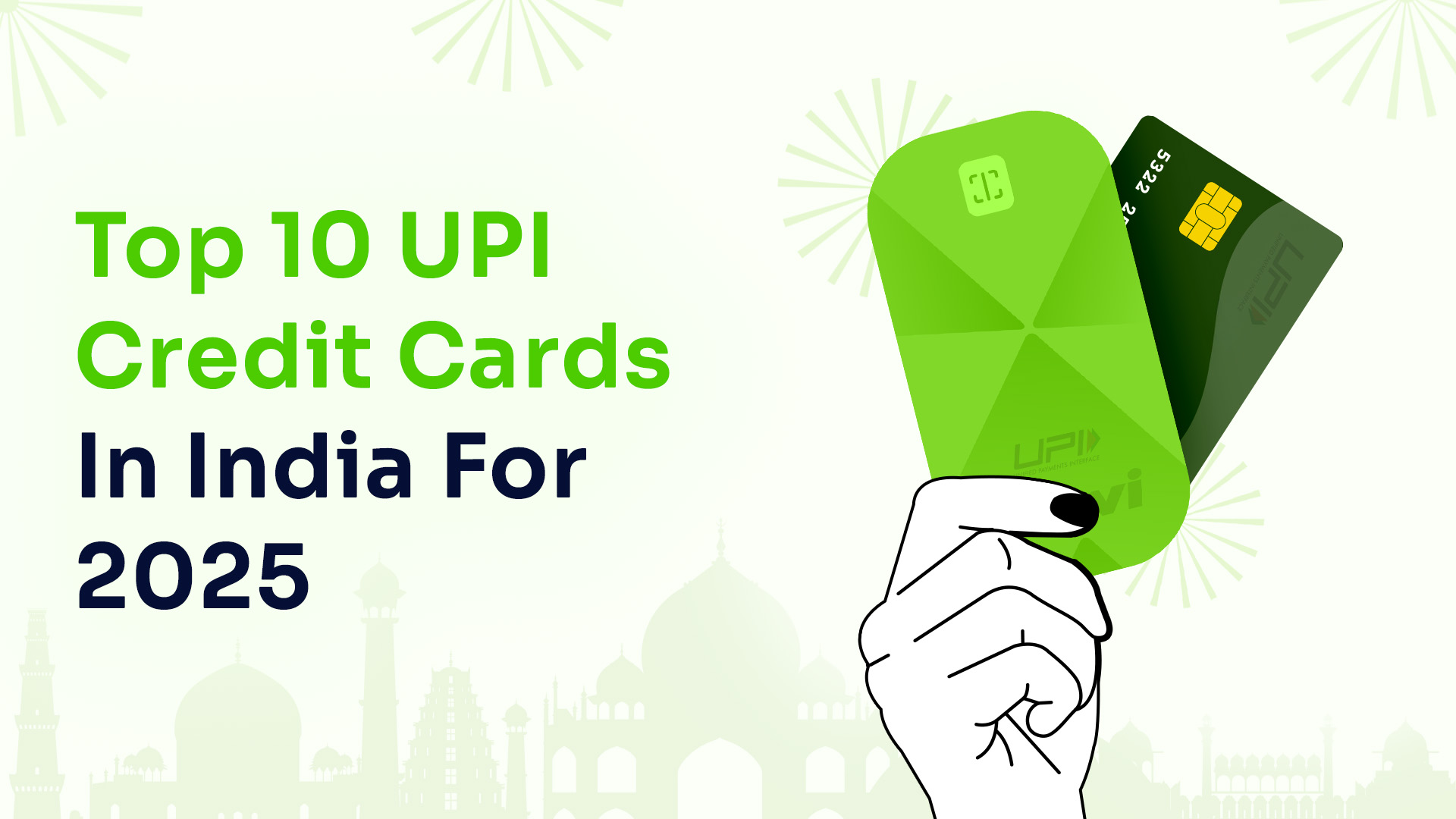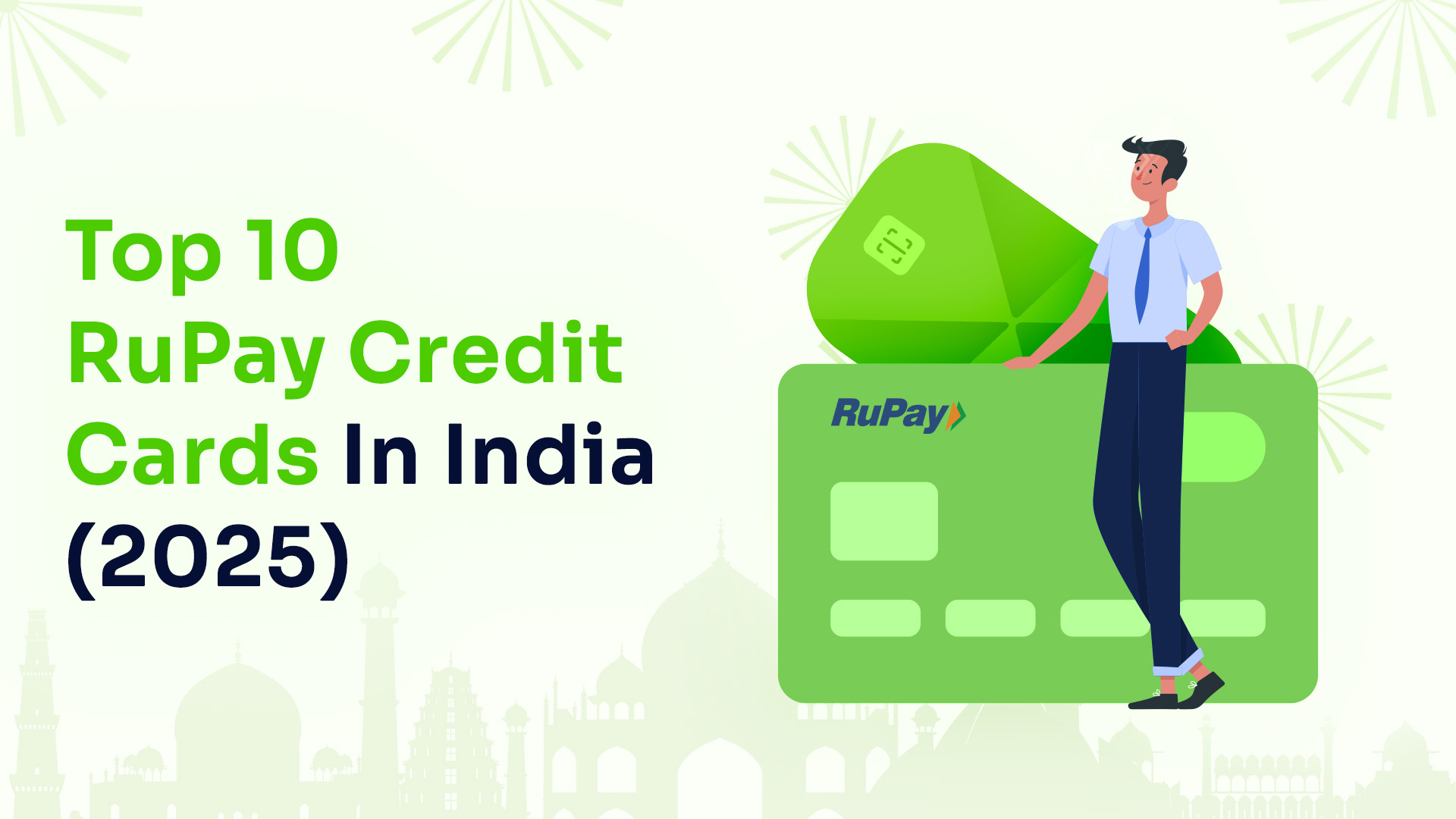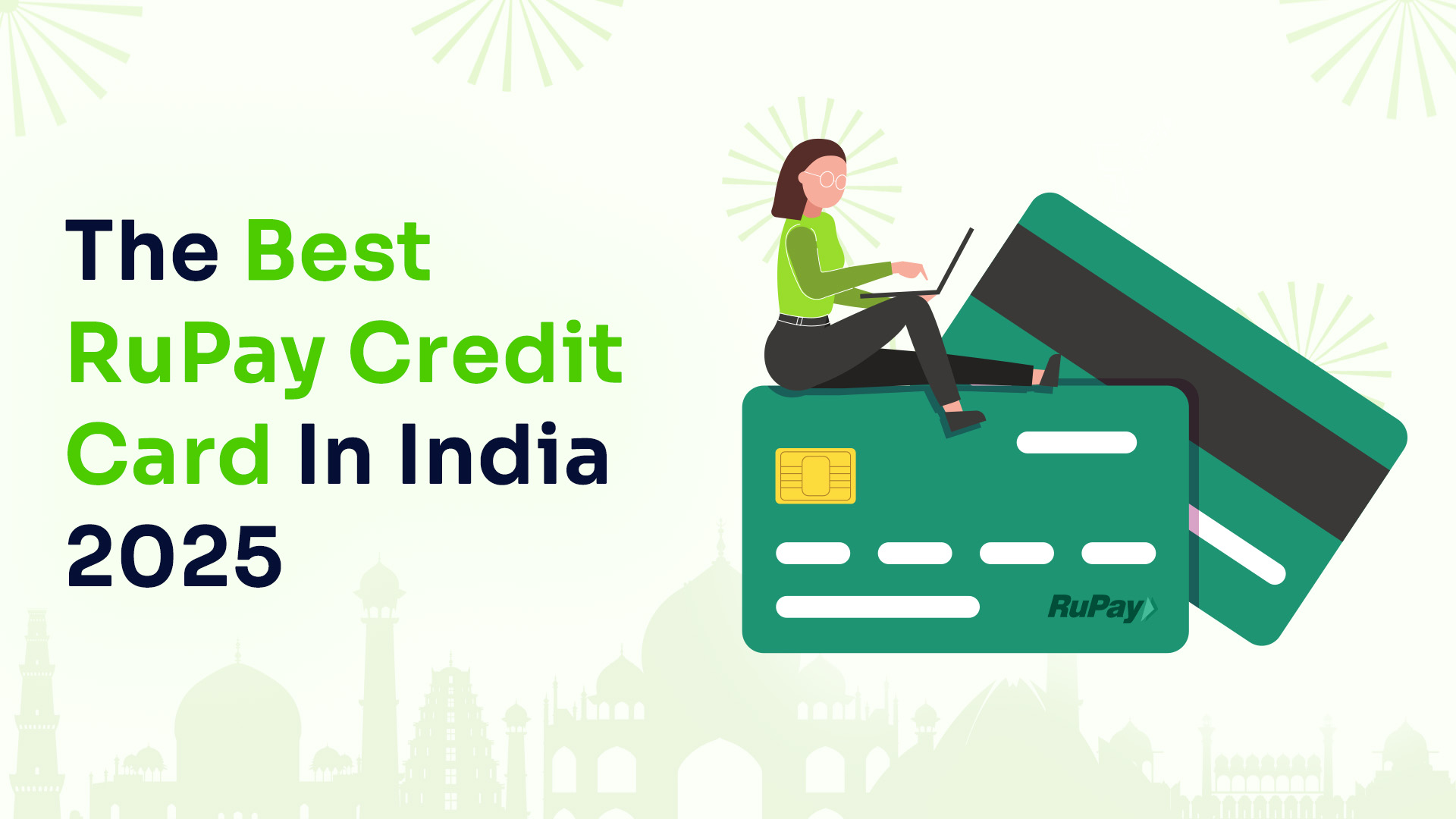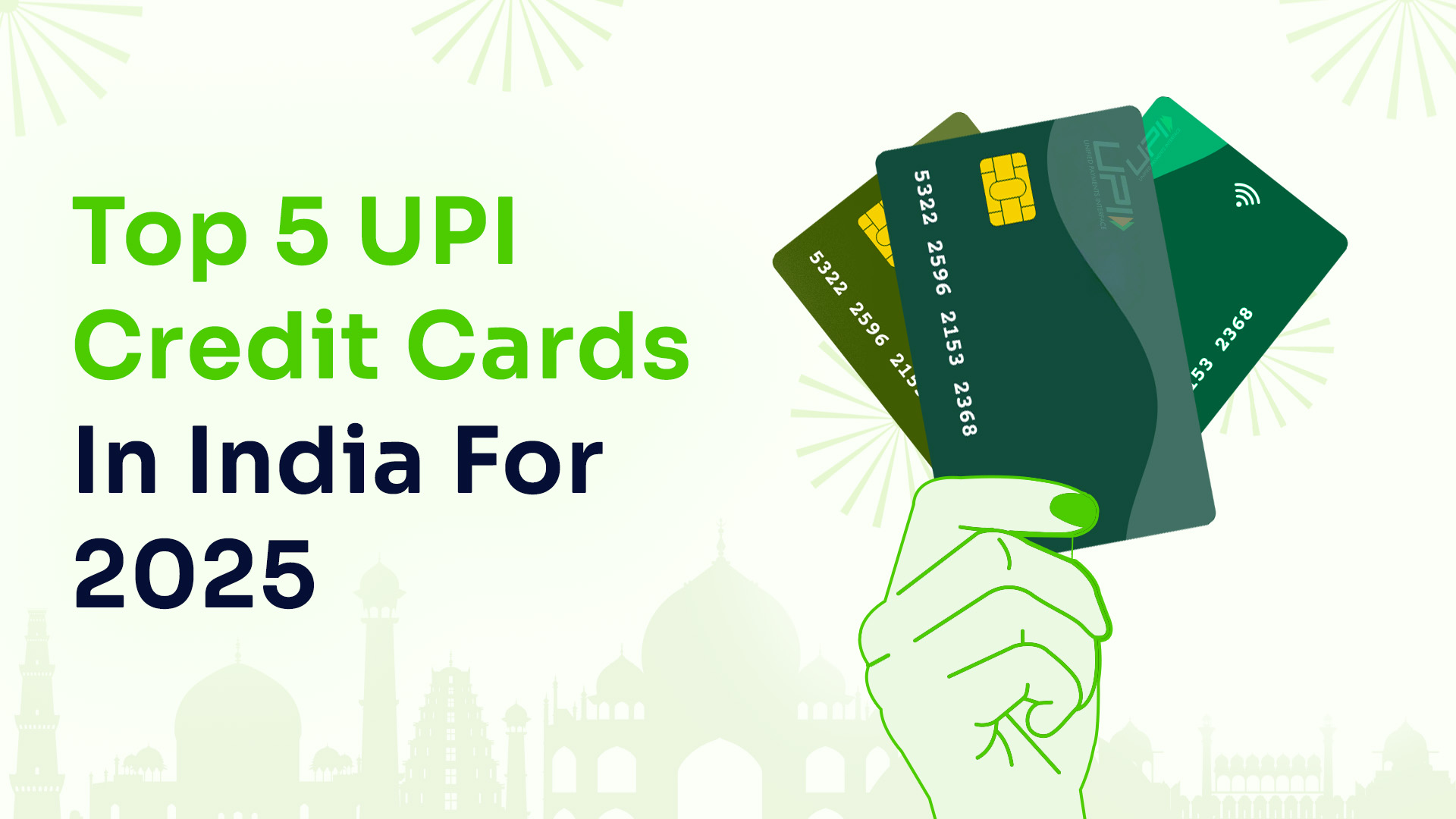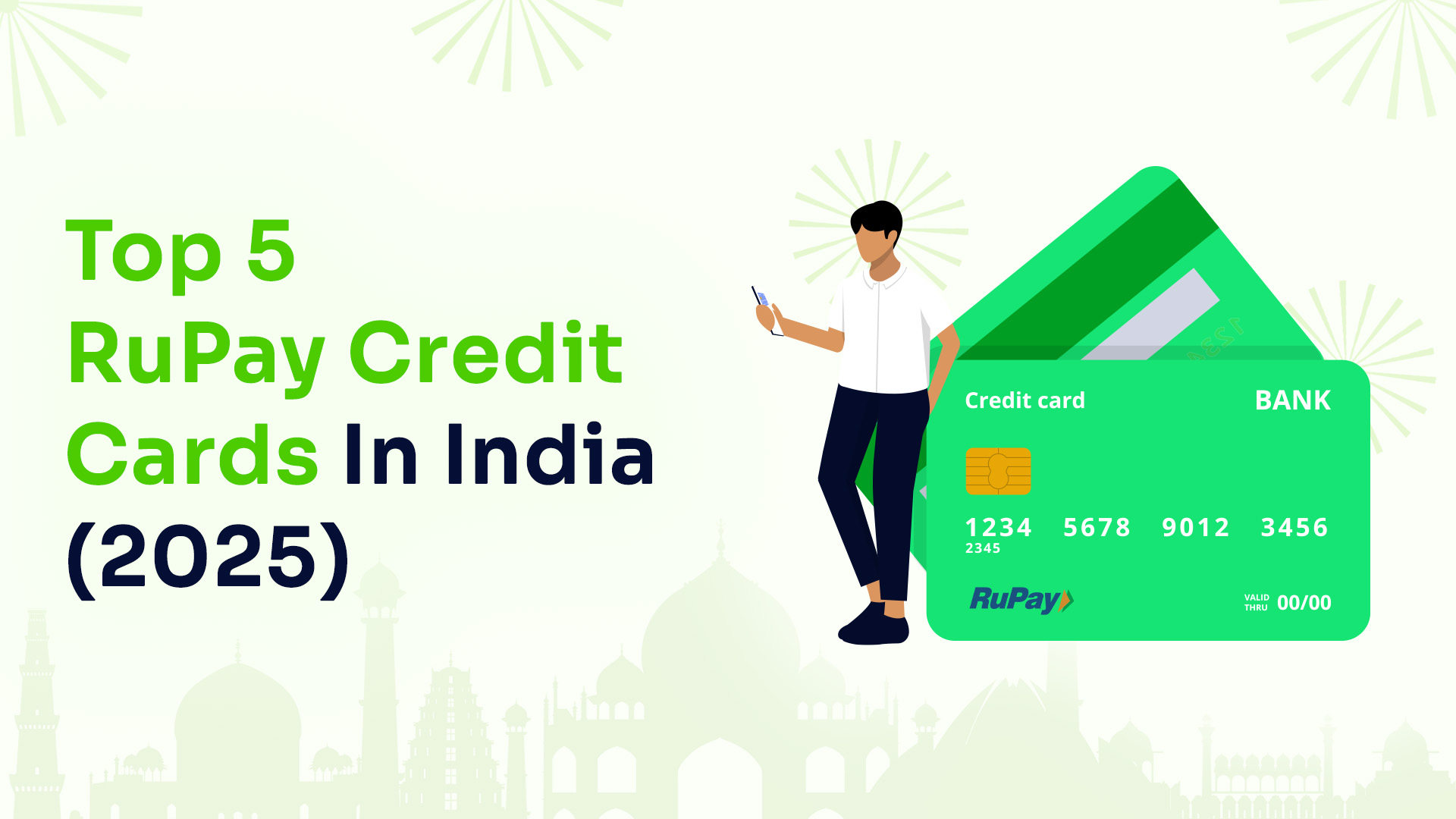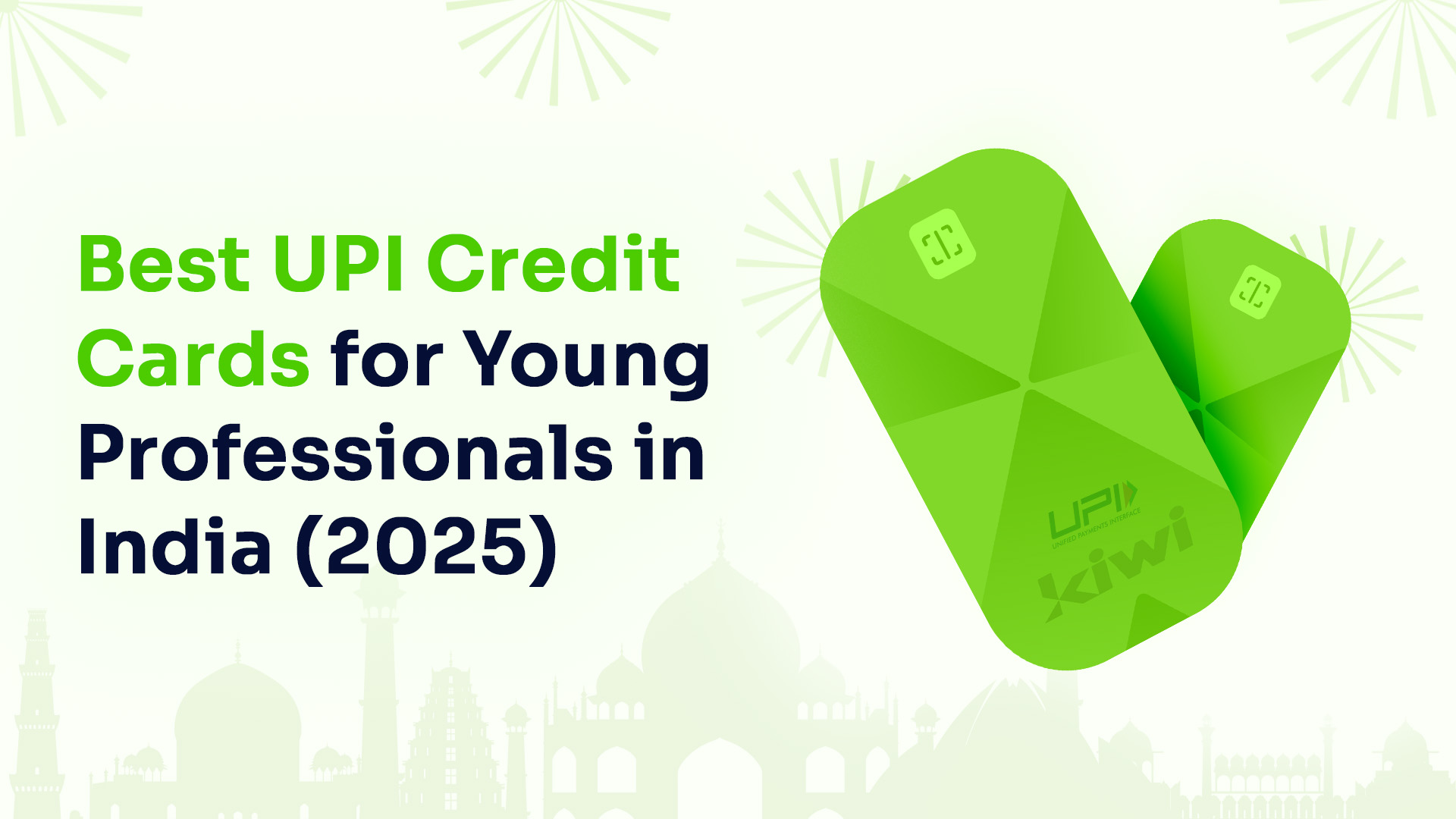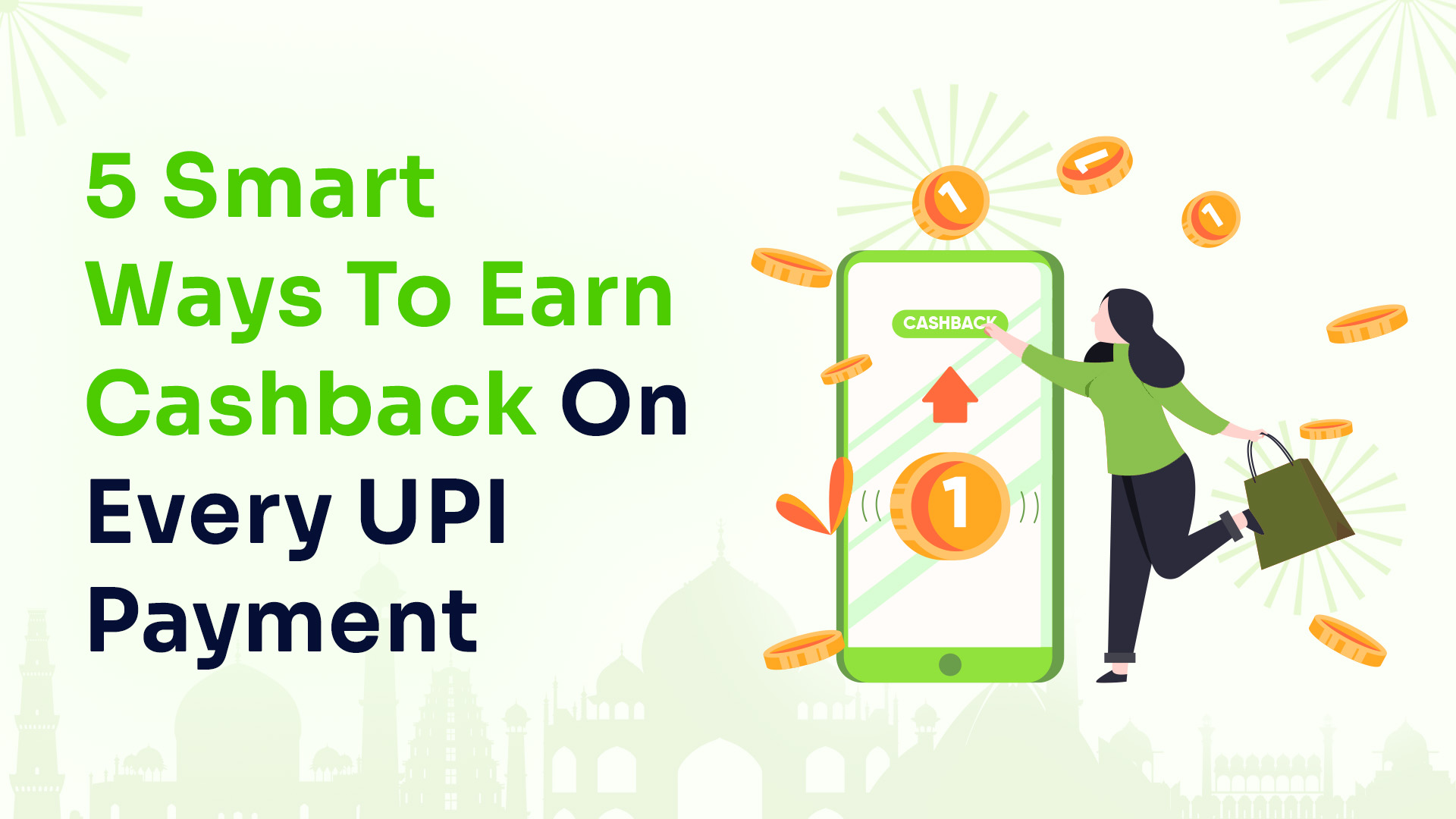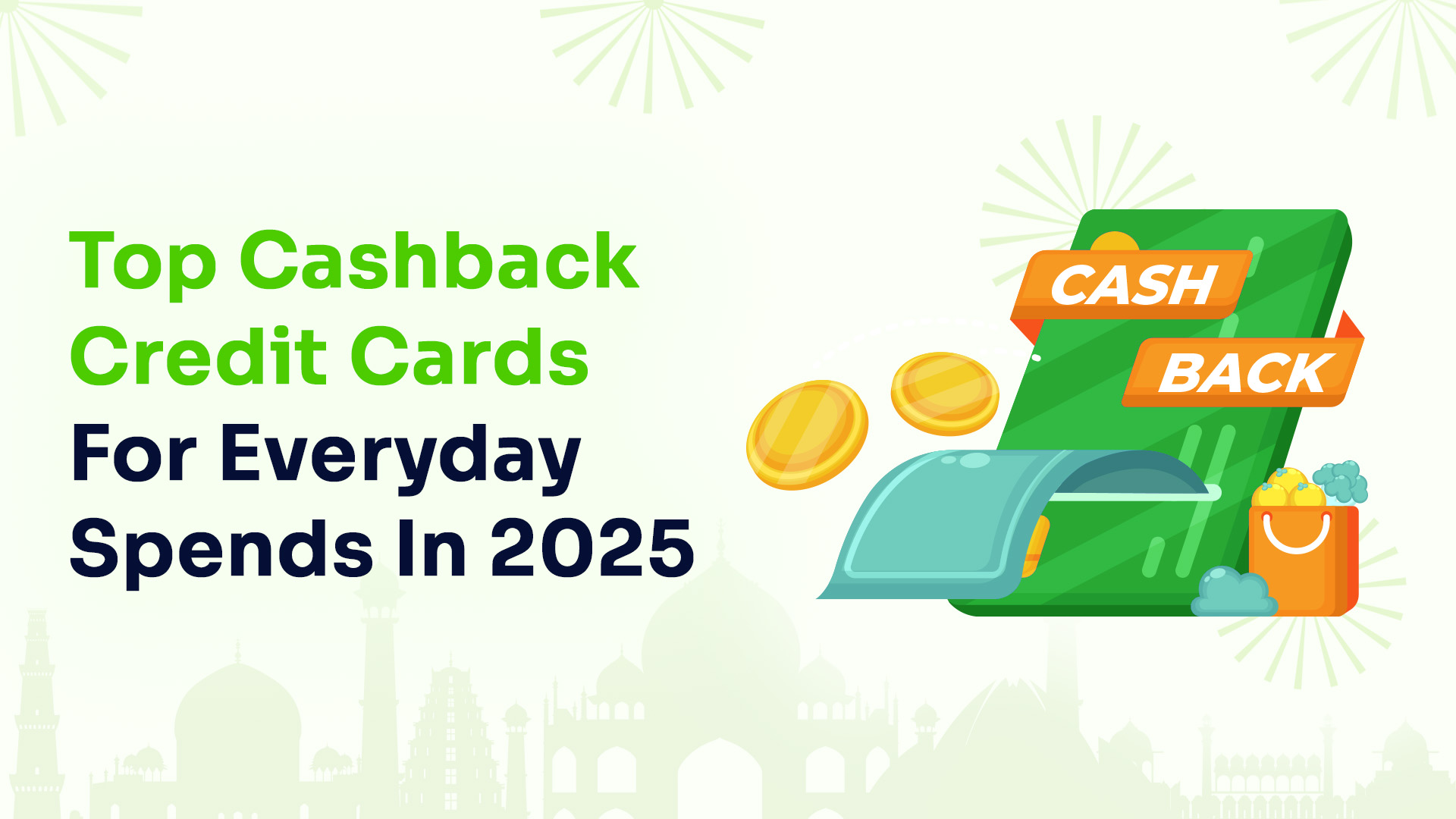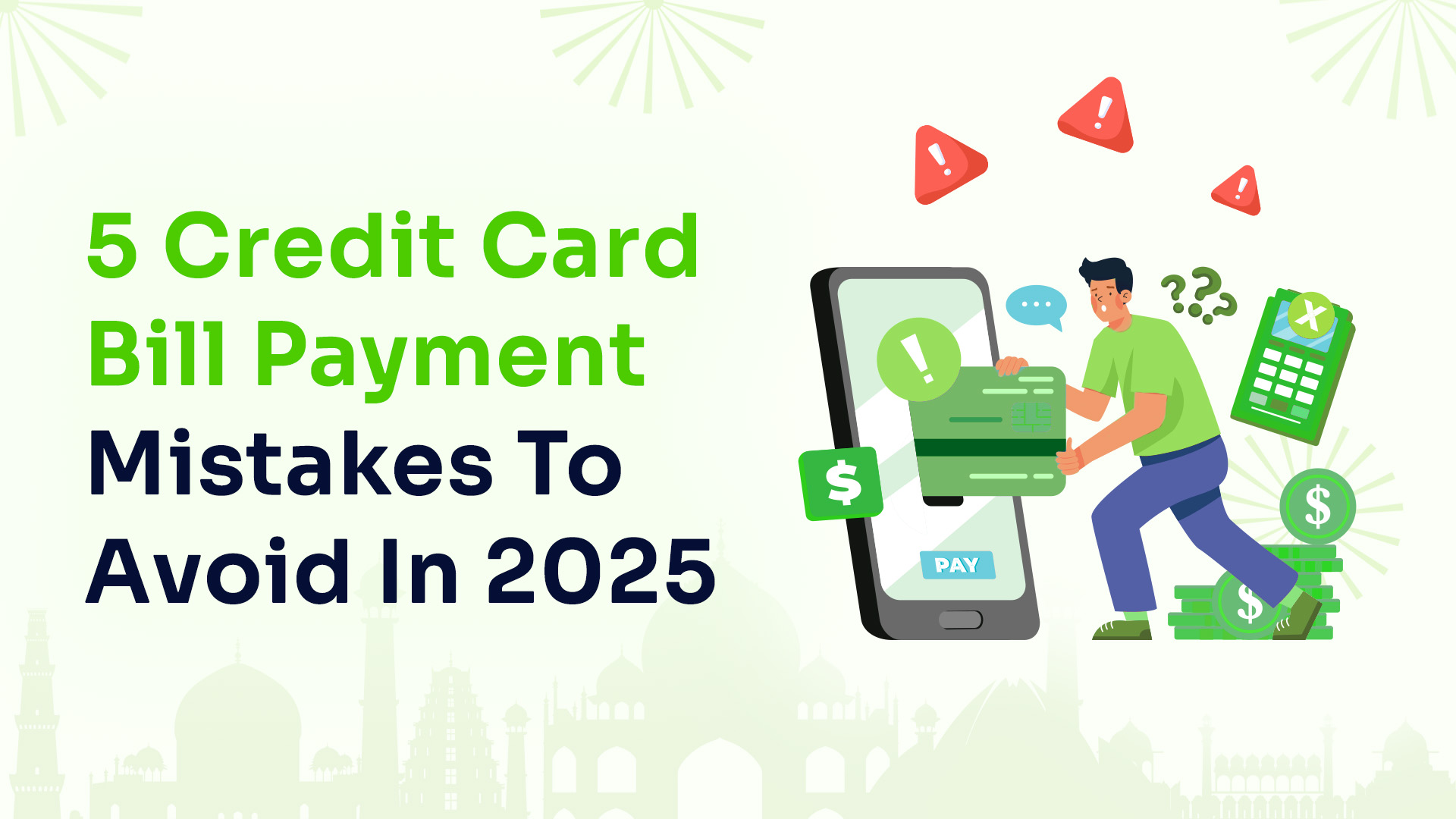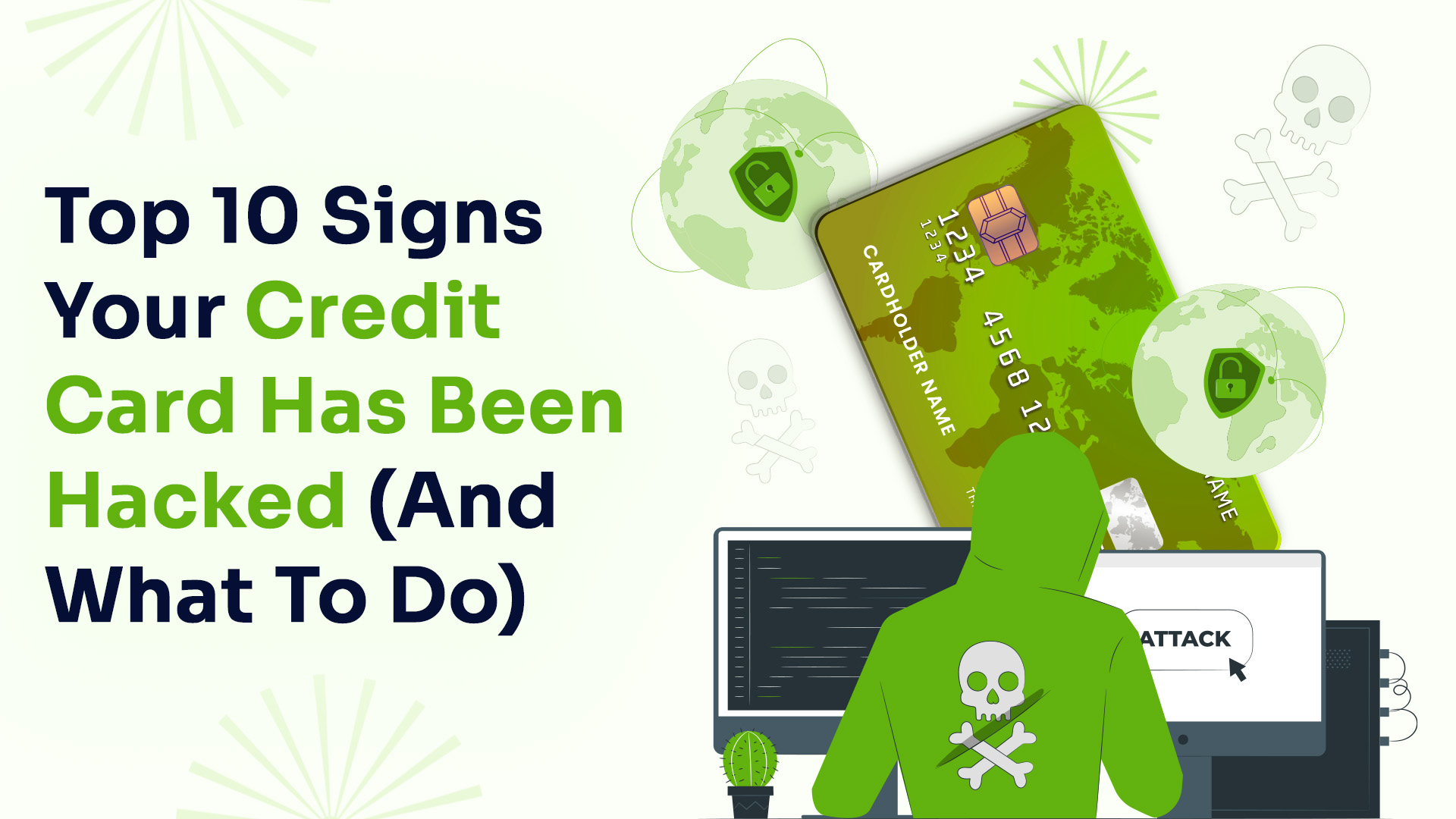
Introduction
Credit cards make life easier, but they also come with risks. Cybercriminals are getting smarter every day. Even if you’re careful, your credit card number can fall into the wrong hands. The faster you catch the signs of a breach, the less damage you’ll face. Wondering how to spot trouble? Here are the top 10 warning signs your credit card number may have been hacked—and what you can do about it.
1. Unfamiliar Charges on Your Statement
Review your credit card statements every month. If you see charges from stores you haven’t visited or websites you’ve never used, treat it as a red flag. Often, hackers start with small purchases to avoid drawing attention. Over time, these add up. Don’t ignore even the tiniest transaction that seems suspicious. If you spot something, contact your bank right away. The sooner you report, the better your chances of getting your money back.
Example:
You notice a ₹50 charge for an online service you’ve never heard of. It might seem too small to worry about, but it could be the first step in a larger scam.
2. Declined Transactions When Funds Are Available
Imagine standing at the grocery store, only to have your card declined despite having enough balance. This could mean someone else has maxed out your card or triggered a fraud alert. Sometimes, banks block cards after suspicious activity. If this happens, don’t wait—log in to your banking app to check recent transactions and call your bank immediately.
Tip:
Enable instant transaction alerts in your bank app. You’ll know the moment something unusual happens.
3. Notifications for Purchases You Didn’t Make
Banks and apps often notify you of purchases in real time. If you receive alerts for transactions you didn’t authorize, don’t assume it’s just a technical glitch. Someone could be actively using your card. Always check the details of these notifications—look at the location, amount, and merchant. If anything looks off, freeze your card and inform your bank.
Example:
You get a message about a late-night purchase in a different city. If you were at home asleep, your card data might be compromised.
4. Missing Bills or Account Statements
Hackers sometimes change your contact details to cover their tracks. If your credit card bill or statement stops arriving by email or post, check your account settings. It could mean someone has updated your address or email ID. This is a sneaky way for fraudsters to delay your discovery of their activities.
Tip:
Set a calendar reminder to check your statements online, even if you usually get them by email.
5. Strange Alerts from Your Bank
Banks keep a close eye on spending patterns. If you receive an alert about a purchase in a location you haven’t visited or a type of store you rarely use, don’t ignore it. These alerts are often the first line of defense. Always respond to suspicious alerts, and use the bank’s official customer care number for any follow-up.
Example:
You get an alert about a luxury watch purchase, but you never shop for jewelry. That’s a sign to check your account right away.
6. Calls or Emails Asking to Confirm Transactions
Fraud departments may call or email if they spot unusual spending. If your bank asks you to confirm certain transactions, take it seriously. Make sure you verify the identity of the caller or sender—don’t share personal details unless you are sure you’re talking to your bank. Use the official bank app or phone number to get in touch.
Tip:
Beware of phishing. Don’t click on links in suspicious emails or texts. Go directly to your bank’s website or app.
7. Sudden Drops in Your Credit Score
Your credit score reflects your financial health. If it drops unexpectedly, there might be fraudulent activity on your card. Missed payments or high balances due to unauthorized transactions can hurt your score. Check your credit report regularly for unfamiliar accounts or big changes. If you spot anything, report it immediately.
Example:
You apply for a new loan and find your credit score has dropped. On closer inspection, you see unpaid balances from a card you haven’t used.
8. Small “Test” Charges
Cybercriminals often make small transactions to test if your card is active. These charges can be as little as ₹1–₹10. If successful, hackers may attempt larger purchases later. Treat every unexplained charge seriously, no matter how tiny.
Tip:
Some virtual cards, like those from Kiwi, allow you to block or replace cards instantly if you notice suspicious activity.
9. Your Card Shows Up on the Dark Web
There are services and apps that monitor the dark web for leaked card details. If you get an alert that your credit card number has appeared online, act fast. Even if no fraud has occurred yet, it’s only a matter of time before someone tries to use your card.
Tip:
Consider using credit monitoring services for extra peace of mind.
10. Purchases from Unusual Locations
You live in India, but see transactions from a different state—or even another country. This is a classic sign of a hacked card. Sometimes, hackers use your details to shop online from faraway locations or use VPNs to mask their whereabouts.
Example:
A Mumbai resident notices charges from an e-commerce site in the US. If you haven’t traveled or shopped there, report it immediately.
What Should You Do If You Notice These Signs?
Act quickly to minimize damage. Here’s what you should do:
- Freeze or block your card: Most virtual card providers, like Kiwi, let you do this instantly from their app.
- Contact your bank: Report suspicious transactions and request a replacement card.
- Change your passwords: Update your banking and email passwords, especially if you use the same password in multiple places.
- Monitor your statements: Check for further unauthorized charges.
- File a dispute: If money has been stolen, raise a complaint for reimbursement.
How to Protect Your Credit Card
- Never share your card details over phone or email.
- Avoid saving card information on unfamiliar websites.
- Use secure, private Wi-Fi for online shopping.
- Set transaction limits and alerts in your app.
- Regularly update your passwords and PINs.
Conclusion
Spotting the signs of credit card fraud early can save you money, time, and stress. Stay vigilant, use the security features of your virtual credit card, and take action the moment something doesn’t feel right. With Kiwi’s smart features and your sharp eyes, you can shop with confidence and keep your finances secure.
